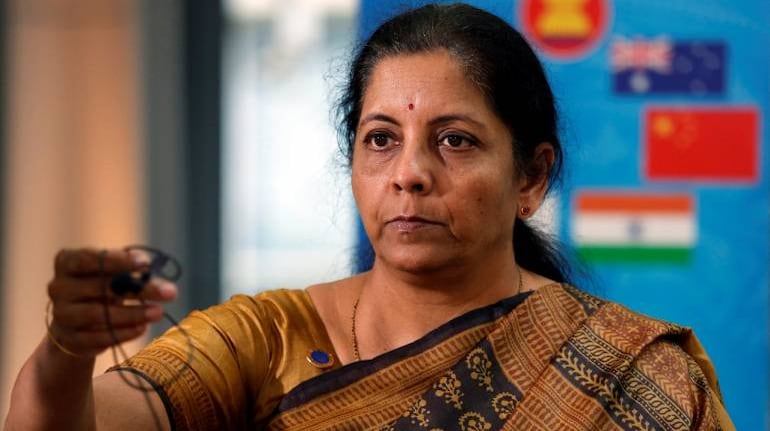
The Finance Ministry has suspended all new schemes till the end of the FY21, CNBC-TV18 reported.
Only schemes announced under Aatmanirbhar Bharat Abhiyan and Pradhan Mantri Garib Kalyan Yojana will be initiated and continued, the report said.
New schemes up to Rs 500 crore that had received the green signal for FY21 stand suspended.
The COVID-19 pandemic has created an "unprecedented demand on public financial resources," a directive from the Department of Expenditure (DoE) said.
There is a "need to use resources prudently in accordance with emerging and changing priorities," the DoE said.
The memo further said said that the continuation of schemes which have been given an extension till March 2021 will be re-evaluated while their continuation will be based on outcome review.
The continuing schemes will be appraised further for FY22-FY26 after recommendations from the Finance Commission.
No new govt schemes to be initiated for FY21 due to COVID. Govt suspends all new schemes up to Rs 500 cr till March 2021.New schemes up to Rs 500 cr that had an in-principle nod for FY21 are suspended. pic.twitter.com/Eupi9zMTs3
— CNBC-TV18 (@CNBCTV18Live) June 5, 2020
Discover the latest business news, Sensex, and Nifty updates. Obtain Personal Finance insights, tax queries, and expert opinions on Moneycontrol or download the Moneycontrol App to stay updated!